Overview
Name: Posts and Telecommunications Institute of Technology (PTIT)
Location: Located in Hanoi, Vietnam, the specific address is No. 1, Tran Phu Street, Hoan Kiem District, Hanoi.
Introduction: PTIT is a higher education institution with information technology, communication engineering, electronic engineering and computer science as its main directions. The school is committed to cultivating high-quality talents with professional knowledge and technical capabilities, and contributing to the development of Vietnam's information technology, communication and electronics industries. The school enjoys a good reputation in the fields of information technology, communication engineering, electronic engineering, etc., and is one of Vietnam's important technical education and research institutions.
Campus and number of students
Campus: The main campus of the school is located in Hoan Kiem District, Hanoi. The campus environment is beautiful and the facilities are complete, including modern teaching buildings, laboratories, libraries, computer centers, etc.
Number of students: The school currently has about 5,000 students, including undergraduates, masters and doctoral students.
Educational philosophy
The school adheres to the educational philosophy of "science, innovation, and practice", focuses on cultivating students' practical operation ability and innovation ability, encourages students to actively participate in scientific research projects and practical projects, and improves their comprehensive quality.
Disciplines and departments
The Post and Telecommunications Technology College has multiple colleges and departments, covering the following major disciplines:
Information and Communication Technology College: Research communication engineering, wireless communication, optical fiber communication, etc., and cultivate communication engineers.
Electronics and Automation College: Research electronic engineering, automatic control, embedded systems, etc., and cultivate electronic engineers.
Computer Science and Technology College: Research computer science, software engineering, data science, etc., and cultivate computer scientists and software engineers.
Network and Information Security College: Research network security, information security, cryptography, etc., and cultivate network security experts.
Multimedia and Digital Content College: Research multimedia technology, digital content production, game development, etc., and cultivate multimedia and digital content designers.
Economics and Management College: Research information technology management, project management, e-commerce, etc., and cultivate information technology management talents.
Ranking
The Post and Telecommunications Technology College enjoys a high reputation in the field of information technology and communication engineering education in Vietnam, and has been rated as one of the top related colleges in Vietnam many times. Although international rankings may not be easy to obtain, it is in a leading position among similar domestic institutions.
Fees
Tuition fees: The tuition fees for local Vietnamese students are about 2 million to 4 million VND (about RMB 600 to 1,200) per semester. The tuition fees for international students will be higher, and the specific amount needs to be consulted by the school officials.
Other expenses: Including accommodation fees, textbook fees, living expenses, etc. The specific fees vary depending on personal circumstances.
Campus environment
Facilities: The school has modern teaching buildings, laboratories, libraries, computer centers, etc. There are also multiple learning and leisure areas on campus, providing a good learning and living environment.
Accommodation: The school provides dormitories for use by out-of-town and international students. The dormitory conditions are good and equipped with basic living facilities.
Notes
Language requirements: Some courses may be taught in English, but most courses are still taught in Vietnamese. International students need to have a certain foundation in Vietnamese.
Application materials: Prepare complete application documents, including transcripts, letters of recommendation, personal statements, etc.
Visa and insurance: Make sure to handle the visa procedures required for studying in Vietnam and purchase appropriate insurance.
Cultural adaptation: Learn about Vietnamese cultural customs to better integrate into local life.
-
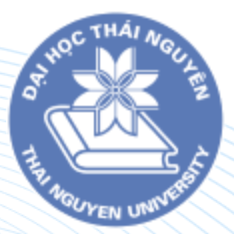
Đại học Thái Nguyên,Thai Nguyen University
-

Đại học Quốc gia Hà Nội,Vietnam National University, Hanoi
-
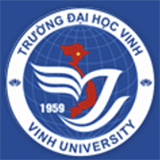
Trường Đại học Vinh,Vinh University
-
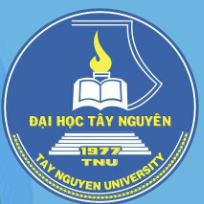
Trường Đại học Tây Nguyên,Tay Nguyen University
-
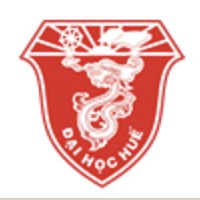
Đại học Huế,Hue University
-

Đại học Quốc gia Thành phố Hồ Chí Minh,Ho Chi Minh City National University
-
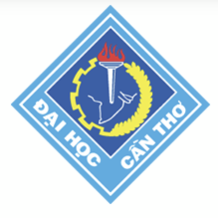
Trường Đại học Cần Thơ,Can Tho University,CTU
-
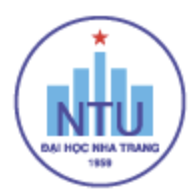
Trường Đại học Nha Trang,Nha Trang University
-
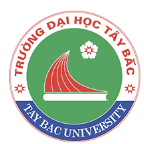
Trường Đại học Tây Bắc, Tay Bac University
-

Trường Đại học Công nghệ Giao thông Vận tải,University of Transport Technology
-

Mesoamerican University
-

Istmo University
-

Mariano Galvez University of Guatemala
-

Regional University of Guatemala
-

Galileo University
-

Francisco Marroquín University
-

Rafael Landívar University
-

University of the Valley of Guatemala
-

University of San Carlos of Guatemala
-

Technological Institute of Tlaxcala Plateau
-

Golfo University
-

Technological University of South Sonora
-

Technological University of Huejotzingo
-

Tizimín Institute of Technology
-

Chilpancingo Institute of Technology

